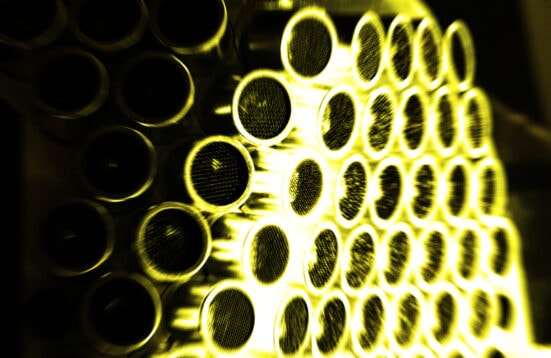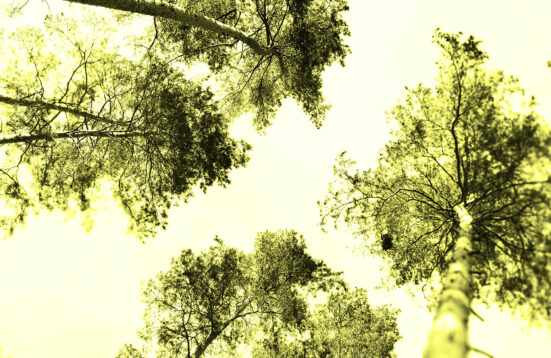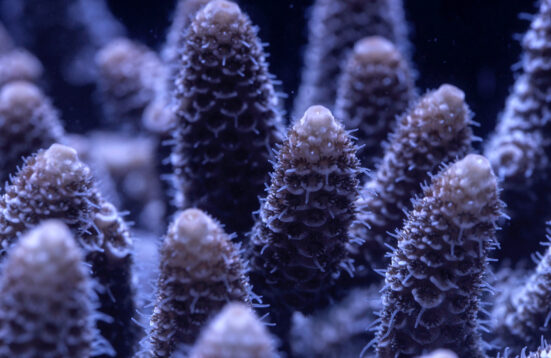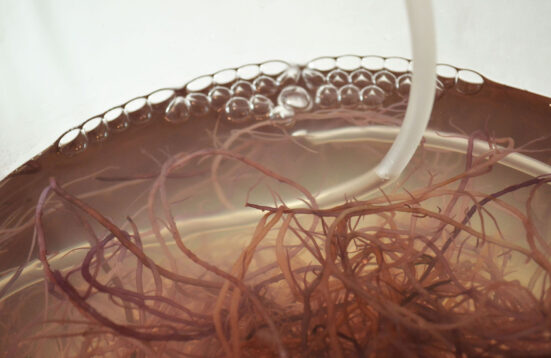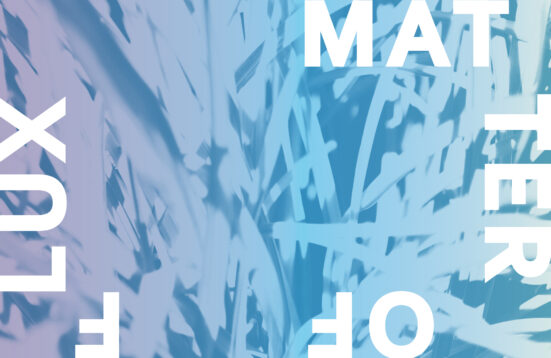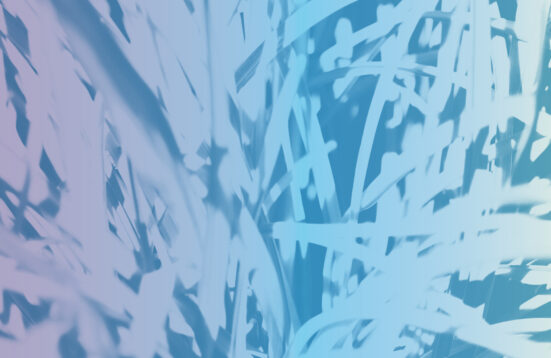Inspired by…
Reading Club
With Guest Artists ella hebendanz and pamela varela
Art Laboratory Berlin is delighted to invite you to take part in our discursive format – a reading club, curated by Tuçe Erel. It takes place in tandem with our colloquium, curated by Regine Rapp.
Inspired by… is an event series, a hybrid format derived from reading group and artist talk formats. In each session, an invited artist will choose a specific text or excerpt from a book that was inspirational for the artist’s practice and/or a particular project that the artist will introduce.
The project follows up Tuçe Erel’s Posthumanism Reading Group, organised between 2018-2020. After co-reading and discussing plenty of seminal texts in two years, the club is transforming into a new discussion, presentation and reading program, an online and offline exchange platform in a non-hierarchical and non-institutional infrastructure in the fields of arts, science and technology.
Guest Artists on 18 June 2024
ella hebendanz (DE) and pamela varela (MX)
On 18 June 2024, Inspired by… will welcome the artist duo ella hebendanz (DE) and pamela varela (MX) via zoom meeting. They initiated “re-c(O)unting”, which is an artistic-scientific research project, investigating the colonial history between Europe and Latin America and relating it to the colonial approach medicine has had on female-assigned bodies. It was born as an attempt to investigate the link between their roots and create decolonial lines of exchange.
The first chapter of the research “re-c(O)unting I. self-exploring bodies, stories, laboratories” obtained the BioArt & Design Award 2023, and it was realized in collaboration with Joris Koene (NL), a biologist from the Vrije Universiteit Amsterdam researching hermaphroditic snails, reproduction, bodily fluids, and biological data transmission. The project followed the fluids of the body and the water of the sea to make an analogy to the patriarchal and territorial approach that European male explorers had on the creation of knowledge in relation to the “discovery” of nature, bodies, and lands (i.e. the fallopian tubes are named after Gabriele Falloppio, Italian priest, Colombia is named after Christopher Colombus, Italian explorer, and the Humboldt’s lily from Mexico is named after Alexander von Humboldt, German naturalist.)
ella and pam were inspired by Astrida Neimanis’s “Hydrofeminism: Or, On Becoming a Body of Water.” This text emphasizes the interconnectedness of all life through water, seeks radical collectivity, and challenges individualistic notions of our relation to the environment.
ella hebendanz (1997) is a lens-based observer entangling virtual, material and linguistic bodies into visual poetry, fluid collages and research-based reflections. Their artistic work centers the carnal, corporeal, visceral, instinctive; using technology as an emancipating medium to speak about sexuality and sensuality while continuously gazing into past and future, zooming in/out on positionality and context.
pamela varela (1995) is a pluricultural and polymorphic creator/creature centering her practice in the field of transmedia performances. She explores poetic-political forms of movement, language, sexuality and mysticism as expressive devices to reappropriate the body and position it as a ground of resistance, while using technology to go beyond corporeal boundaries. She is a Latin American artist based in Europe, which encourages her to explore decolonial narratives in her work
Both of them are also part of sWitches, a collective whose work focuses on reclaiming technology as a tool of creation, connection, emancipation and contemporary magick. Taking the witch as a symbol for the rebellious feminist, they hack their way into the patriarchal technoscientific field. Their work has been show in several European art spaces as well as in the www. This year, they will have their Latin American debut.
Reading Material
Neimanis, Astrida. 2012. “Hydrofeminism: Or, On Becoming a Body of Water”. In Undutiful Daughters: New Directions in Feminist Thought and Practice, ed. by H. Gunkel, C. Nigianni, F. Söderbäck, 85–99, New York: Palgrave Macmillan.
Venue: Zoom meeting link and the texts will be shared with the registered participants.
Inspired by… reading club meetings are not recorded to create a safer space for guest artists and participants to talk about their practice.

